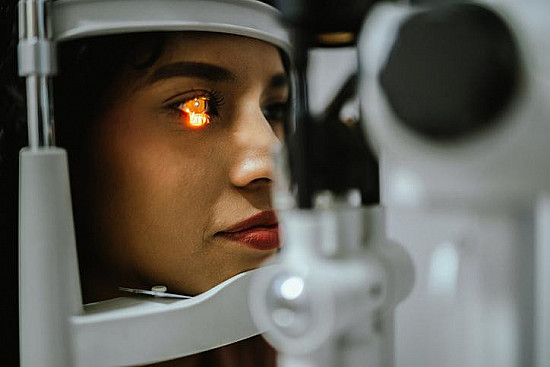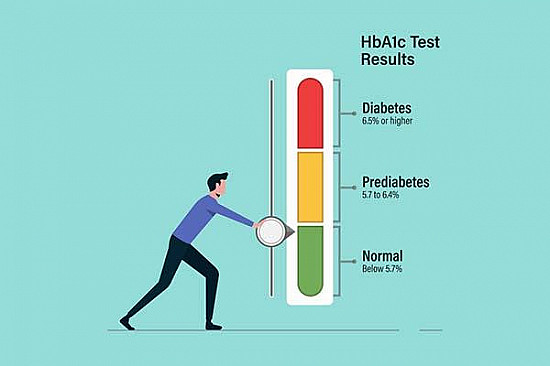Older women disproportionately diagnosed with advanced cervical cancer
Research we're watching
- Reviewed by Toni Golen, MD, Editor in Chief, Harvard Women's Health Watch; Editorial Advisory Board Member, Harvard Health Publishing; Contributor

Women 65 and older are diagnosed more frequently with advanced cervical cancer — and fare worse with long-term survival — than younger women, suggests an analysis published online Jan. 9, 2023, by the journal Cancer Epidemiology, Biomarkers and Prevention.
Researchers used data from the California Cancer Registry to identify 12,442 women ages 21 and older who were diagnosed with cervical cancer between 2009 and 2018, along with the stage of their cancer at diagnosis and their five-year survival rates. About 71% of patients 65 and older were diagnosed with late-stage disease (defined as stages 2 through 4), compared with 48% of younger women. Additionally, five-year survival was significantly lower among older women compared with patients under 65, and women 80 and older had the lowest survival of all age groups.
Current cervical cancer screening guidelines recommend discontinuing Pap smears and other tests for women 65 and older who have always had normal screening tests. The results of this analysis emphasizes the importance of not just considering age, but also past screening history.
Image: © John Fedele/Getty Images
About the Author

Maureen Salamon, Executive Editor, Harvard Women's Health Watch
About the Reviewer

Toni Golen, MD, Editor in Chief, Harvard Women's Health Watch; Editorial Advisory Board Member, Harvard Health Publishing; Contributor
Disclaimer:
As a service to our readers, Harvard Health Publishing provides access to our library of archived content. Please note the date of last review or update on all articles.
No content on this site, regardless of date, should ever be used as a substitute for direct medical advice from your doctor or other qualified clinician.
















